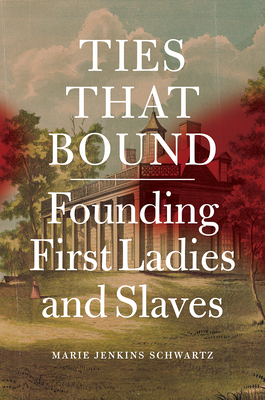Expedite your nonfiction book discovery process with Readara interviews, summaries and recommendations, Broaden your knowledge and gain insights from leading experts and scholars
In-depth, hour-long interviews with notable nonfiction authors, Gain new perspectives and ideas from the writer’s expertise and research, Valuable resource for readers and researchers
Optimize your book discovery process, Four-to eight-page summaries prepared by subject matter experts, Quickly review the book’s central messages and range of content
Books are handpicked covering a wide range of important categories and topics, Selected authors are subject experts, field professionals, or distinguished academics
Our editorial team includes books offering insights, unique views and researched-narratives in categories, Trade shows and book fairs, Book signings and in person author talks,Webinars and online events
Connect with editors and designers,Discover PR & marketing services providers, Source printers and related service providers

Ties That Bound: Founding First Ladies and Slaves
Biography & Autobiography > Historical
- University of Chicago Press
- Hardcover
- 9780226147550
- 9 X 6.3 X 1.3 inches
- 1.7 pounds
- Biography & Autobiography > Historical
- (Single Author) Asian American
- English
Readara.com
Book Description
Unlike other histories that treat the stories of the First Ladies' slaves as separate from the lives of their mistresses, Ties That Bound closely examines the relationships that developed between the First Ladies and their slaves. For elite women and their families, slaves were more than an agricultural workforce; slavery was an entire domestic way of life that reflected and reinforced their status. In many cases slaves were more constant companions to the white women of the household than were their husbands and sons, who often traveled or were at war. By looking closely at the complicated intimacy these women shared, Schwartz is able to reveal how they negotiated their roles, illuminating much about the lives of slaves themselves, as well as class, race, and gender in early America.
By detailing the prevalence and prominence of slaves in the daily lives of women who helped shape the country, Schwartz makes it clear that it is impossible to honestly tell the stories of these women while ignoring their slaves. She asks us to consider anew the embedded power of slavery in the very earliest conception of American politics, society, and everyday domestic routines.
Author Bio
Marie Jenkins Schwartz, Ph.D. taught at Anne Arundel Community College, Arnold, Maryland, before accepting a position at the University of Rhode Island where for twenty years she offered courses in the history of slavery and in the history of the early United States.
She is currently professor emeritus of history at URI and an independent scholar and writer. Her latest book, called Ties That Bound: Founding First Ladies and Slaves (Chicago University Press in 2016), depicts the world created by Martha Washington, Martha Jefferson, Martha (Patsy) Jefferson Randolph, Dolley Madison and the people they enslaved. She has begun another book on the First Ladies (Scandal in the White House: First Ladies and Presidential Deceits), which argues that the reaction of First Ladies to the scandalous behavior of husbands has mattered for the stability of the nation.
Schwartz is the recipient of two fellowships from the National Endowment for the Humanities and other research awards from the American Historical Association, the John Nicholas Brown Center for the Study of American Civilization at Brown University, the American College of Obstetricians and Gynecologists/McNeil Foundation and from the University of Rhode Island, including its Center for the Humanities.
In 2000, her book Born in Bondage won the Julia Cherry Spruill Publication Prize for Best Book in Southern Women’s History, given by the Southern Association for Women Historians.
Education
1994 Ph.D. University of Maryland, College Park
1987 M.A. George Mason University, Fairfax, Virginia
1984 B.A. George Mason University, Fairfax, Virginia
Source: The University of Rhode Island
Community reviews
No Community reviews






